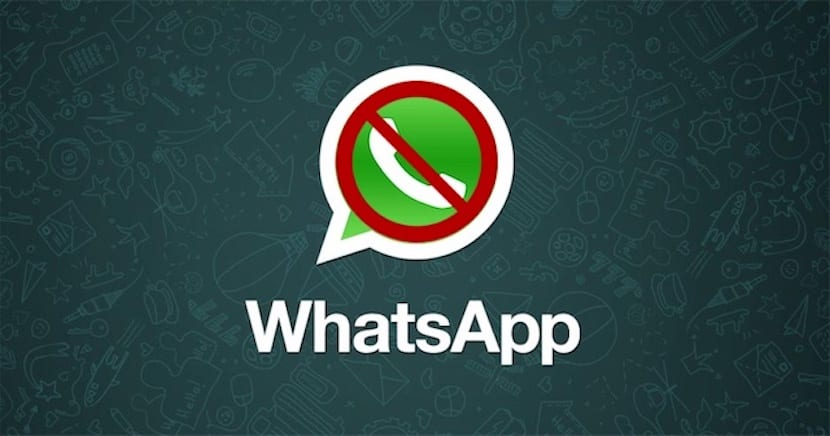
Surely 100% of those who read this post, and if not almost, they usually use the messaging app par excellence, WhatsApp. An application that has changed the way we use our mobile phones from day to night.
The quintessential messaging app is currently the most common form of global communication. So much so that nur language has adapted to it to the point of conjugating a verb inspired by WhatsApp, «Whatsapping». And its use has even caused the rates of companies that offer telephone and internet connection services to be adjusted by offering exclusive data packages.
WhatsApp does not notify us if we are blocked
We take for granted that If you have reached this post it is because you are a WhatsApp user. Is the most normal if you have a smartphone. Today we are going to tell you how to know if someone has blocked you on WhatsApp. Although it may seem strange to you, being blocked on WhatsApp by another user is something much more common than we can think.
It is an interesting option in such a direct communication technology environment. We can think of many reasons why one user could block another. And that WhatsApp has this option is appreciated. It's okay be able to block another user without giving explanations not even the person we blocked.
The point is that we can be blocked by countless users without knowing it. The application of WhatsApp does not officially notify us when our user is blocked by any other. Therefore, unless another user expressly confirms it, we will not be able to know.
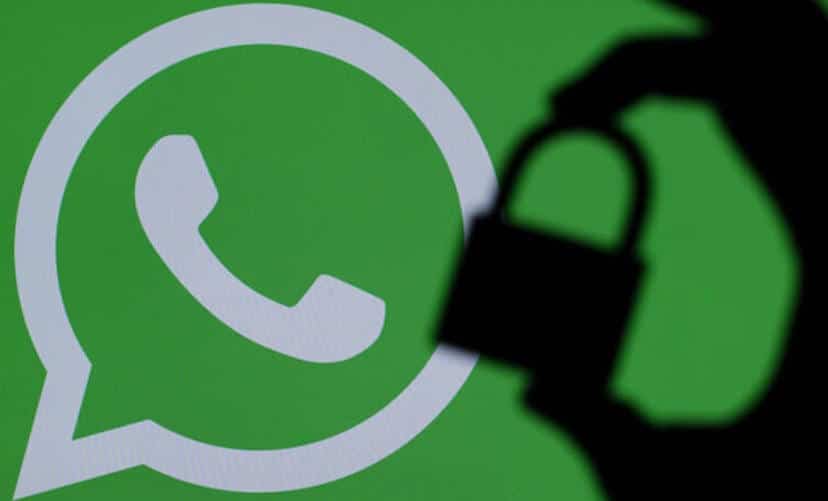
But even if WhatsApp does not notify us there are some "tricks" to know. By carrying out certain tests we can discover if someone in particular has blocked us. There are various ways to check that our WhatsApp user has some kind of restriction. In principle, the fact that our number is blocked does not prevent us from sending messages to any specific user.
Clues to know if they blocked us on WhatsApp
Among other things, we may notice that after sending messages to a specific contact, we get no response never. It is also striking that connection status "Online" never appears in your contact. And although both could be the result of chanceDepending on the level of insistence, it's really strange.
Similarly, it may be the case that we cannot see after a message sent the famous blue double check. Signals that are not definitive at all, especially because we know that the recipient may not have actually read it or may not want to or can answer at that time. Although there is also another explanation for this.
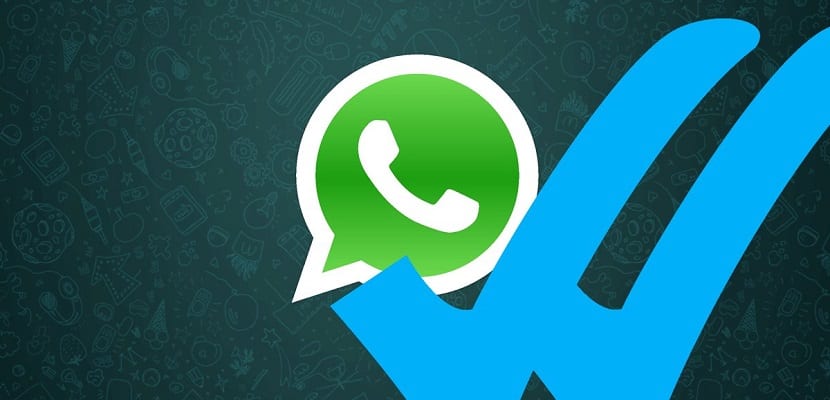
As we know, this last reason does not have to correspond to a blockage. Among the multiple setup menu options offered by WhatsApp is the section Privacy . From here we can activate or deactivate the "reading confirmation" of received messages, even if we have read them. Although we must know that with this option disabled no one will know if we have read your message. But just the same, we we will not be able to see the blue check in our chat either.
There are other options that could lead to confusion such as not being able to see the last connection time. Which is also modifiable from the same privacy menu. What profile picture about the contact we suspect never update, or just disappear. As we can see, something that does not have to be habitual. Surely we all have contacts who update their WhatsApp profile almost daily, and contacts who continue with the same one that they put years ago.
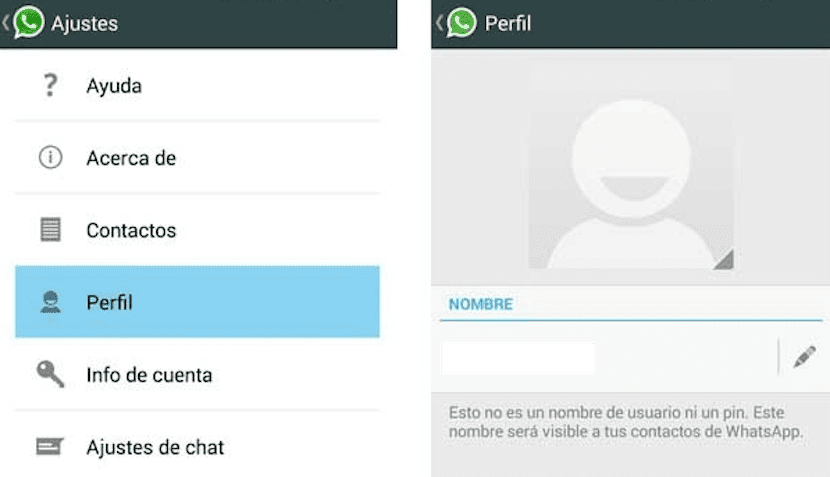
But there are other types of clues that will lead us to a more reliable conclusion to find out if we are blocked by another user. Definitive signals that we will get if we try to perform some actions without obtaining the usual result. To clear up any doubts, you can try one of the ones that we tell you about below.
So you will know for sure if you are blocked on WhatsApp
Try adding it to a group
One of the most definitive tests to know if our user is blocked is try to add it to a group. If we are administrators of a group, we can add several contacts to it. We already know how easy it is to add one or more contacts to a group, as long as we have the administrator role. Or even easier, we can do the test by creating a group and trying to add the contact that we suspect has blocked us.
The normal, if everything goes fine, is that WhatsApp add to this contact to the created group. And appear as a new participant in it. So that if the application shows us a message stating "An error has occurred" o "You do not have authorization to add to this contact" the thing is clear, they have blocked you on WhatsApp.

At first as long as there is no restriction or blockade, and no matter how much it may bother us, any user can add another in a WhatsApp group. To stay in it, or not, is already our own decision. But if we have not been able to add a contact to a group, it is precisely because that contact does not want to. An unequivocal reason to know that our user is blocked by that one in particular.
Problems making voice call
Although this reason not XNUMX percent conclusiveTrying to make a voice call to the contact that we think has been able to block us can also guide us. We say that it is not a completely reliable test because if the person we call does not have coverage at that time it is normal that the call does not work. But if WhatsApp does not allow us to make the call to a specific user, it is more than likely that they have blocked us.
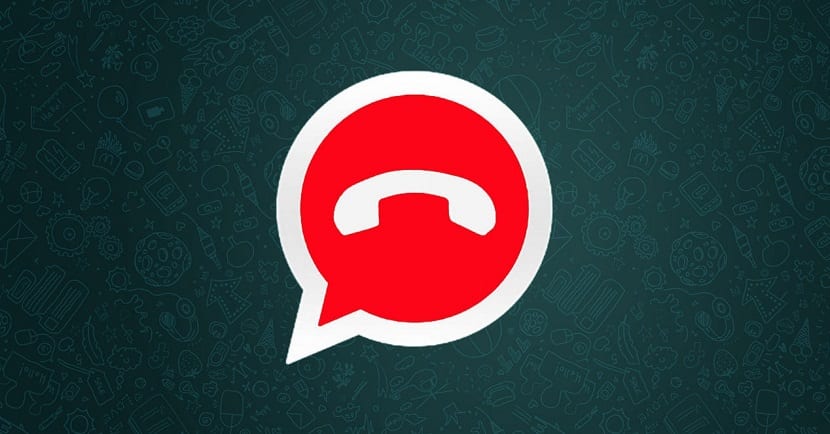
That is why this test, to lead us to a definitive conclusion, we should do it on more than one occasion. And to make it even more reliable, try to call when we know that that contact we suspect we know might have coverage. If you have carried out any of these tests, or all of them, and you cannot contact or the signals are clear, it is more than likely that you have been blocked on WhatsApp.